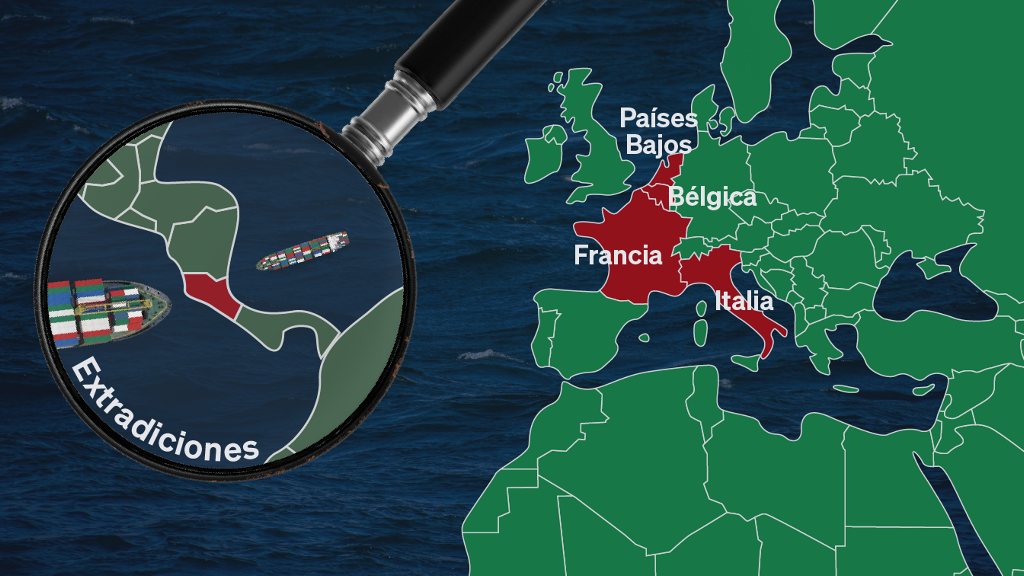RICO’s q — Cyber fraud took a serious hit this Wednesday when agents from the Organismo de Investigación Judicial (OIJ) – Judicial Investigation Agency – swooped in with coordinated raids across Heredia, Palmares, and downtown San José.
Their target: four individuals—two Costa Ricans and two foreigners—tied to a criminal ring running digital banking scams.
Officials say the group directly defrauded victims of around ¢60 million colones based on reported cases.
But banks hit by the scheme believe the real losses could top ¢400 million colones.
How the scam worked
The Specialized Section against Cyber Fraud uncovered a scheme both clever and sneaky. The suspects sent fake text messages pretending to be trusted institutions like Correos de Costa Rica, national banks, or Kolbi Points.
These messages promised quick fixes for account issues or expedited services, tricking people into falling for the scam.
Victims unknowingly handed over their bank details—card numbers, security codes, tokens, and expiration dates—by clicking on fake links. Using that info, criminals created virtual cards in digital wallets on phones and smartwatches.
Once inside the system, they funneled the stolen money into luxury buys: expensive liquor, top-tier phones and computers, gold jewelry, and even a prefab house.
The investigation kicked off in July 2025 after the OIJ received 30 formal complaints. That same month, two people of Asian descent were caught at an international supermarket trying to pay over ¢1.5 million colones for liquor with a cloned card.
One was held in preventive detention for six months; the others faced lighter restrictions. But despite these arrests, the group kept operating, making new purchases of luxury electronics like iPhones and tablets.
The OIJ confirmed the criminal network includes at least six members, each with a specific role. One leader was arrested in July, while another recently fled the country.
Lately, I’ve been receiving at least a couple of text messages from “Correos” (the Spanish equivalent of the Post Office) stating that there’s a package for me that couldn’t be delivered.
I am directed to follow a link in the message to sort out the delivery.
The thing is, I haven’t used the post office in over ten years.
Then, just a couple of weeks ago, I got a WhatsApp message from “Scotiabank” asking for info to deliver my card.
The problem is, I don’t have an account with the bank. So, that message got blocked.
Authorities suspect links to international financial fraud rings, given the methods and tech used to launder money.
I urge everyone to avoid clicking on links in texts or emails—especially those promising banking perks or asking for personal info updates.
Source link
Rico



